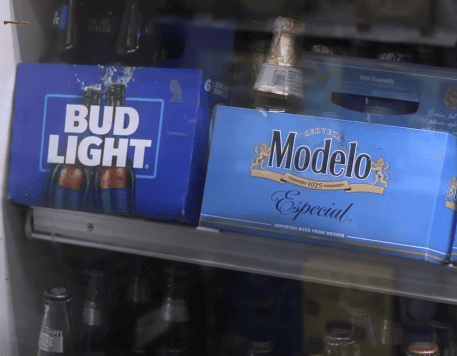Retailing Update…
Besides Promotion and of course social media, I might argue that retail has seen the most dramatic changes. And that change continues to come. First…

Besides Promotion and of course social media, I might argue that retail has seen the most dramatic changes. And that change continues to come. First…

The U.S. Food and Drug Administration (FDA) has authorized Florida to import medications from Canada, marking a significant policy shift in the United States. This…

In our textbook, we stay away from references and images of alcohol. We know that some instructors prefer not to expose their students to any…

This is a longish (~18 minutes) video about product placement in South Korea. As you will see, Subway has done a particularly good job of…

Building strong brand preference is the goal of most many marketing managers. Unfortunately, after that happens, competitors may seek to hitch their own brand to…

As you know, the new 17th edition of Essentials of Marketing and Teach the 4 Ps have been celebrating the theme, marketing for a better world (#M4BW). We…

We have all worried about it. I love reviews for helping me make buying decisions. It is great to have information from real customers who…

Product innovation comes in many forms, including the banana! According to this Reuters article, that includes banana Halloween costumes. The article talks about a lawsuit…

Marketing practices — and laws that govern those practices — are always changing. Chapter 8 discusses food product labels. Recently the Food and Drug Administration…